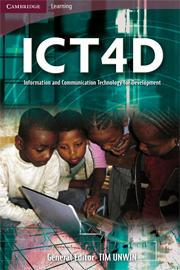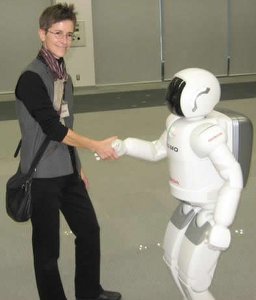 Alexander van Elsas is a new media blogger and the CEO of Glubble, an online activity center for families. In his blog post, Alexander has asked 22 questions about the web under six different categories, which are:
Alexander van Elsas is a new media blogger and the CEO of Glubble, an online activity center for families. In his blog post, Alexander has asked 22 questions about the web under six different categories, which are:1) Networks and destinations
2) Personality and identity
3) Data
4) Privacy
5) Business models
6) Behavior.
Some of Alexander's questions are rhetorical, some very easy to answer and some have no meaningful answer. Nevertheless the questions per se seem to tell us a lot about the web as a new way of being and about people's attitudes towards it.
My favorite questions on the list of 22:
5. Why am I forced to be fragmented across the web, instead of having one presence that can connect anywhere?7. What is or defines my online identity? Am I my profile, my interactions, my data?11. Can data lead to demand, or does it only take care of supply?20. Why would we want to have thousands of friends and interact everywhere?22. Why do we spend more and more time online while real life passes by so quickly?
See the rest of the questions here. (One commenter even had his staff answer the questions. Check them out!)









